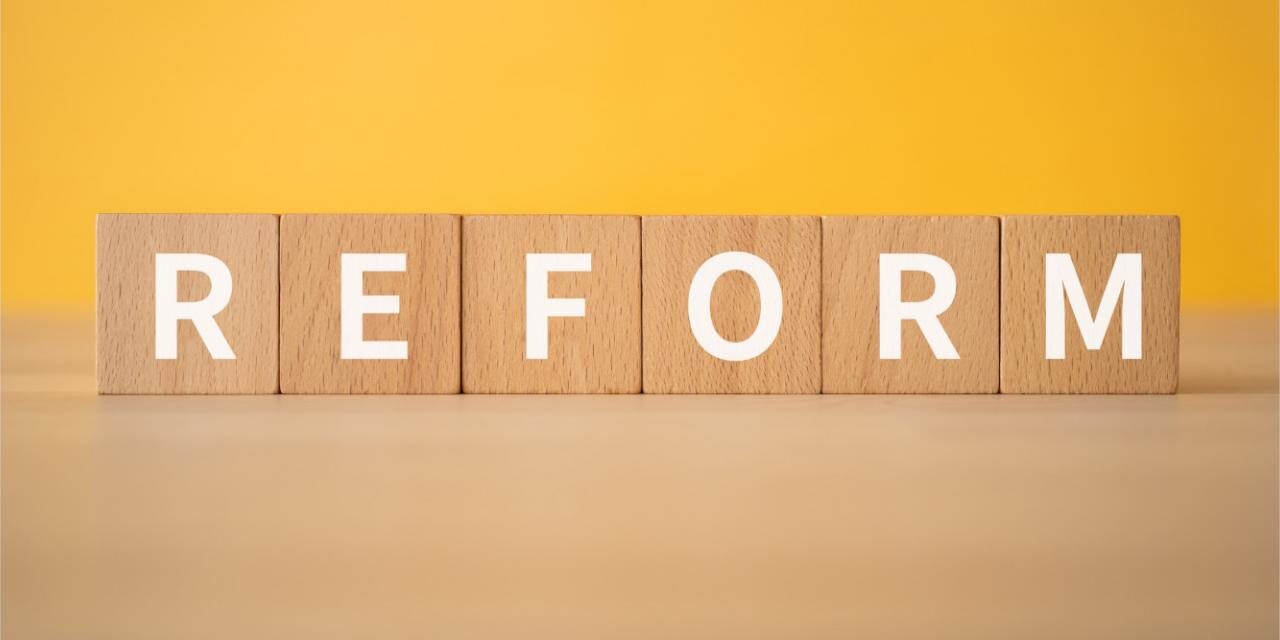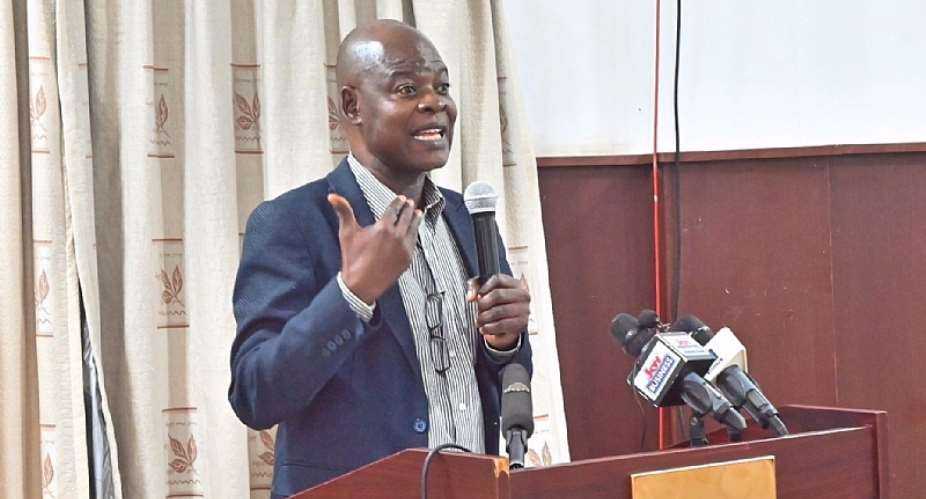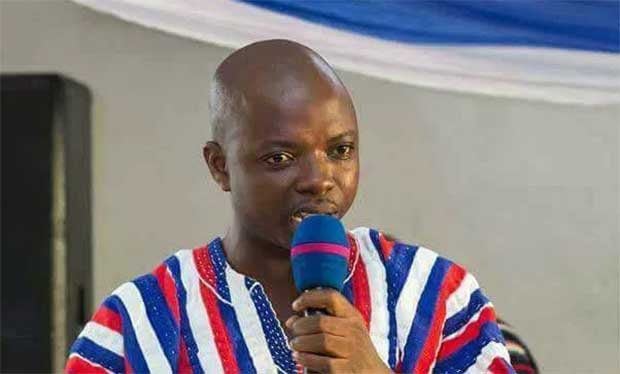
…as ISA unveils new partnerships in Accra
By Kizito CUDJOE
African countries have secured US$200 million in new financing under the International Solar Alliance’s (ISA) Africa Solar Facility at the Seventh Meeting of the Regional Committee for Africa, in Accra, as the group rolled out new partnerships to accelerate solar deployment across the continent.
The ISA Director-General, Mr. Ashish Khanna, in his inaugural address, said access to energy must be treated as a “fundamental human right” and stressed the wide gap between Africa’s clean energy investment and global standards.
“ISA’s strategy, ‘Moving from Ambition to Action,’ aims to establish implementation partnerships, innovate financing methods, and strengthen local capacities,” Mr. Khanna told delegates at the meeting.
“The strategy is aligned with Mission 300 in enabling private sector ecosystems. Our goal is to empower countries to develop their own solutions.”
ISA’s Africa Solar Facility, managed by Africa50, is designed as a catalytic instrument to de-risk projects and crowd in private capital. The US$200 million fund is expected to mobilise more than 20 times that amount in investment for decentralised renewable energy. Nigeria’s sovereign wealth fund (NSIA) has already pledged between US$100 million and US$150 million, with the first tranche due before the end of 2025.
Mr. Khanna said the facility would “leverage investments of more than US$800 million” in its initial phase, starting with Nigeria.
Globally, Africa attracts just 2 percent of clean energy investment despite 680 million people on the continent lacking electricity access, D-G of ISA noted.
At the meeting, three countries, Ghana, Nigeria and The Gambia, formalised ‘Country Partnership Frameworks’ (CPFs) with ISA to align national solar policies with energy goals.
The frameworks will support rooftop solar, community mini-grids, agriculture-driven applications, institutional capacity building and national focal point support units to coordinate implementation.
ISA also signed a Memorandum of Cooperation with the African School of Regulation, which will help strengthen solar deployment through regulatory development, knowledge exchange and funding mobilisation.
The Minister of Energy and Green Transition, John Abdulai Jinapor, who chaired the meeting, noted that expanding solar capacity is not only an environmental necessity but also a significant socio-economic opportunity.
“Advancing Africa’s energy transition is central to sustainable growth and shared prosperity,” he said.
He acknowledged that about 600 million people in Africa do not have access to electricity. “Africa represents 17 percent of the world’s population, yet consumes just 4 percent of the world’s energy. Bridging this gap is our collective opportunity: transforming pipeline projects into bankable ones, providing low-risk premiums, and attracting greater private capital,” he added.
He expressed the country’s readiness to working closely with every member state to ensure that energy aspirations translate into financed projects on the ground.
Ghana and Seychelles serve as vice presidents of the ISA in the African Region.
The delegates at the meeting highlighted several announcements. Some of the key outcomes includes solar for agriculture. This involves expanding solar-powered irrigation and cold storage to help cut Africa’s annual US$400 billion food import bill, improve resilience and support rural livelihoods.
ISA also aligned itself with the Mission 300 initiative to accelerate solar deployment and electrify 300 million Africans. “Programmes like Mission 300, supported by US$48 billion in concessional funding, demonstrate the power of public-private partnerships,” said the Chief Executive Officer (CEO) of Sustainable Energy for All, Damilola Ogunbiyi.
ISA is advancing AI-driven tools and digital twins of power distribution systems to improve efficiency, lower costs and integrate rooftop solar, storage and utility-scale plants.
Twelve Solar Technology Application Resource Centres (STAR-Cs) will be established by 2025, including one in Ghana, to train technicians, run testing labs and integrate youth into the clean energy workforce.
D-G of ISA said ISA’s role as a Global South-led institution is to ensure equitable access. “Africa’s energy transition is being led by African countries,” he noted, stressing that no community should be left behind.
Over the next three to five years, ISA will roll out tangible programmes in large-scale solar, decentralised renewable energy and agriculture-linked applications, with private investment playing a central role.
“International Solar Alliance is really keen to partner with all African countries in ensuring faster energy access as per Mission 300, but also bringing down the cost of energy, because solar for each country’s least-cost generation plan will help in moving your energy needs,” Mr. Khanna said.
The Accra meeting, which drew Ministers and delegates from 39 countries, marked a growing push to turn political commitments into projects that link clean energy access with food security and climate resilience, with Ghana positioning itself as one of the first movers.
The post African countries secure US$200m in solar financing appeared first on The Business & Financial Times.
Read Full Story














Facebook
Twitter
Pinterest
Instagram
Google+
YouTube
LinkedIn
RSS